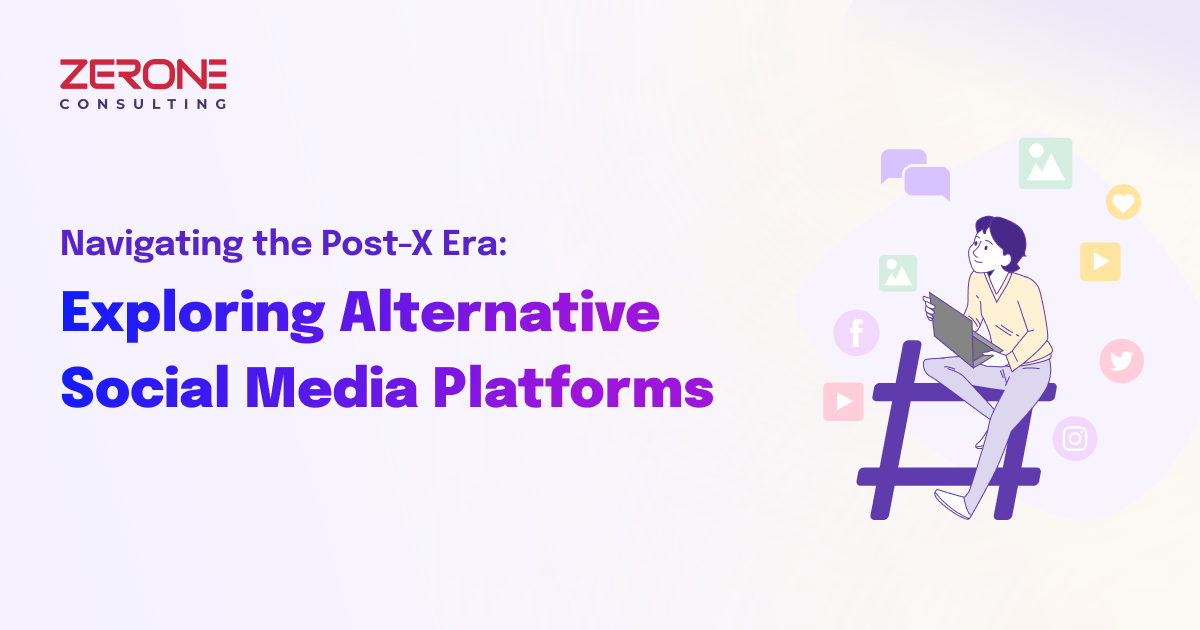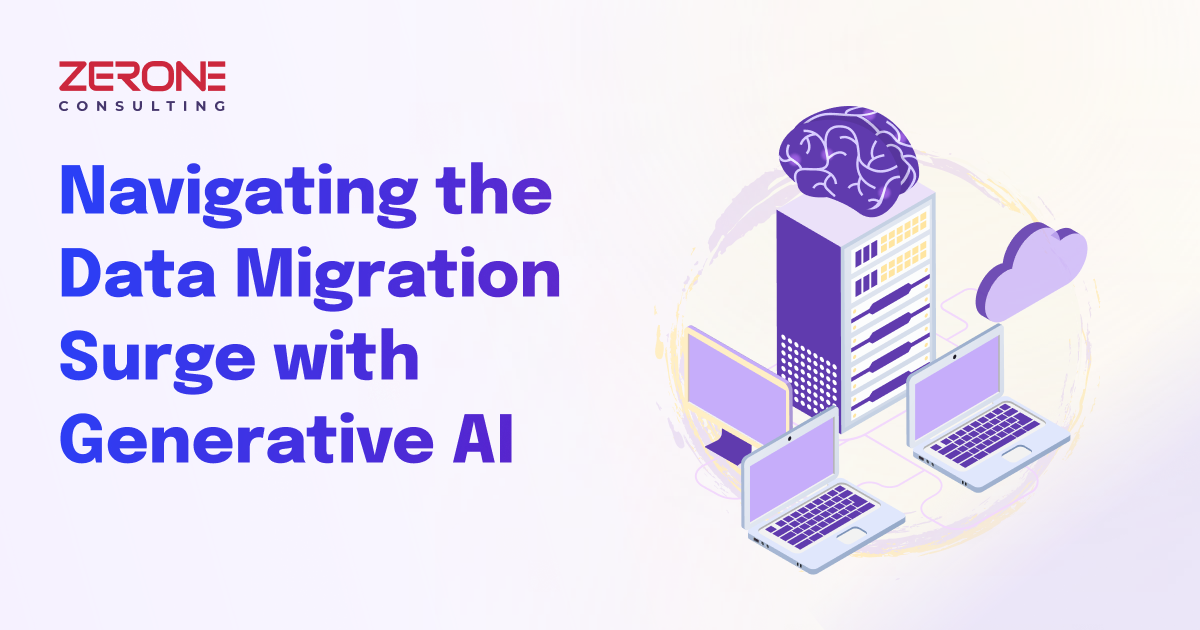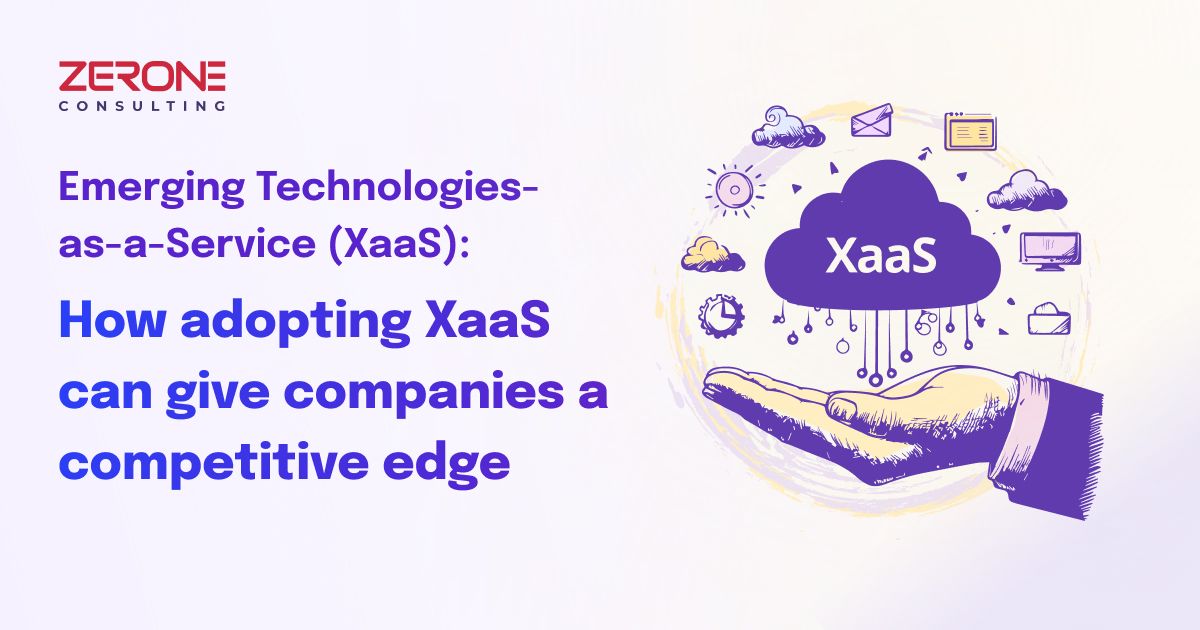AI in Legacy Application Modernization: Opportunities and Best Practices
In the rapidly evolving digital landscape, the modernization of legacy applications is not just a trend, but a necessity for businesses seeking agility and competitiveness. Integrating Artificial Intelligence (AI) into this process is a strategic move that can transform outdated systems into dynamic, efficient, and future-ready platforms.
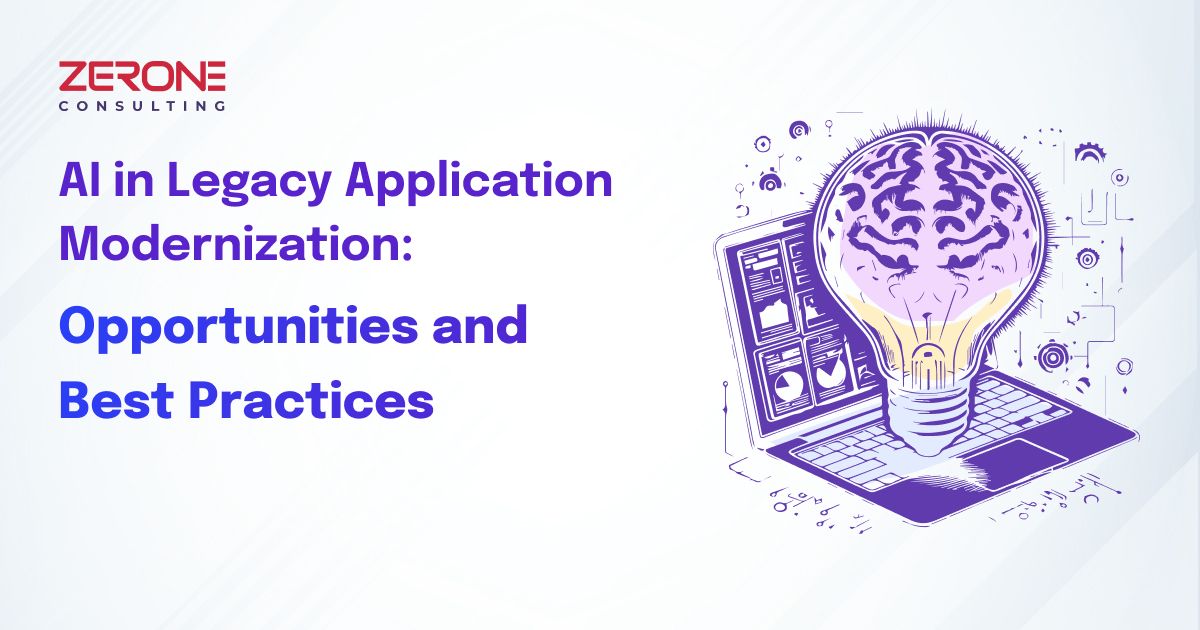
Transformative Potential of AI in Legacy Systems
The integration of AI into legacy systems offers unparalleled opportunities. AI algorithms can analyze vast amounts of data to identify patterns and insights that were previously inaccessible. This capability is crucial for businesses relying on older systems that house valuable historical data. By applying AI, companies can unlock hidden value in this data, leading to more informed decision-making and revealing opportunities for innovation.
Real-world Success Stories
Global enterprises have successfully leveraged AI to rejuvenate their legacy systems. For example, a major bank used AI to modernize its customer service operations. By implementing AI-driven chatbots and predictive analytics, the bank enhanced its customer interactions, leading to increased satisfaction and reduced operational costs.
Another instance is a manufacturing firm that integrated AI into its legacy supply chain management system. The AI-powered system provided real-time analytics and predictive insights, significantly improving inventory management and operational efficiency.
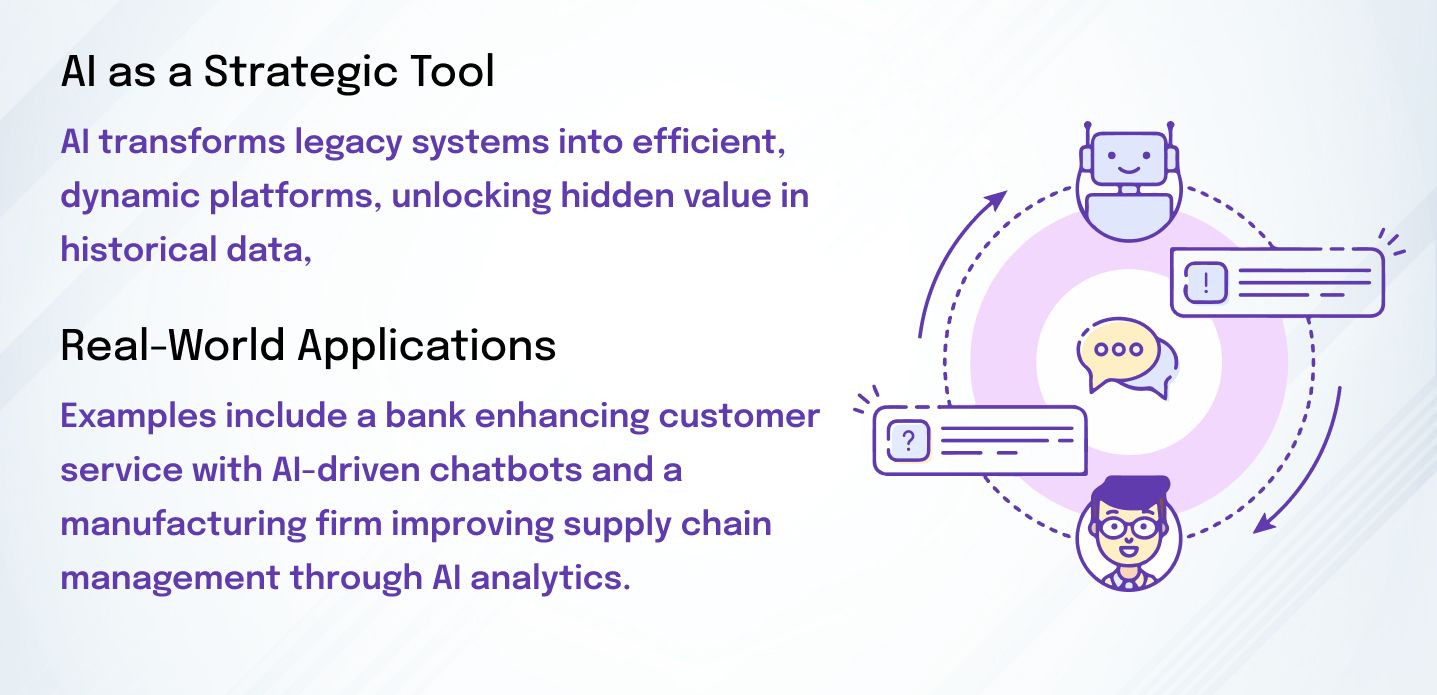
Streamlining Modernization with AI
AI accelerates the modernization process in several ways. Machine learning models can automate the migration of data and functionalities to new platforms, reducing the time and resources required. Natural Language Processing (NLP) algorithms can interpret and convert old code into modern languages, simplifying the transition.
Overcoming Challenges with AI
Legacy systems often pose challenges due to their outdated architecture and lack of documentation. AI can play a pivotal role in addressing these challenges. For instance, AI tools can analyze and document the functionalities of legacy systems, providing a clear roadmap for modernization efforts.
AI-Driven Analytics for Legacy Systems
One of the most significant advantages of AI in legacy modernization is the enhancement of analytics capabilities. By integrating AI, businesses can evolve their legacy systems from mere transactional databases to intelligent platforms capable of predictive analytics and advanced reporting. This transition enables organizations to gain deeper insights into customer behavior, operational inefficiencies, and market trends.
Ensuring a Successful AI Integration
A successful AI integration into legacy modernization requires a strategic approach. Businesses should start by identifying key areas where AI can add the most value. This could involve enhancing customer experience, automating manual processes, or improving data analytics. It's crucial to involve stakeholders from various departments to ensure the modernization aligns with business objectives.
Best Practices in AI Integration
Adopting best practices is essential for maximizing the benefits of AI in legacy modernization. These include:
Gradual Implementation
Rather than a complete overhaul, a phased approach to AI integration helps in managing risks and ensuring smooth transition.
Skill Development
Investing in training and development ensures that the workforce is equipped to work with modernized systems.
Data Governance
Establishing robust data governance policies is crucial to ensure data quality and compliance, especially when dealing with sensitive information.
Partnering with AI Experts
Collaborating with technology partners who have expertise in AI can provide valuable guidance and accelerate the modernization process.
Future Insights: AI and Beyond
Looking ahead, the role of AI in legacy application modernization will continue to expand. Innovations in AI, such as federated learning and advanced neural networks, will offer even more sophisticated tools for transforming legacy systems. Moreover, the integration of AI with other emerging technologies like blockchain and the Internet of Things (IoT) will open new avenues for modernization, leading to more secure, efficient, and interconnected systems.
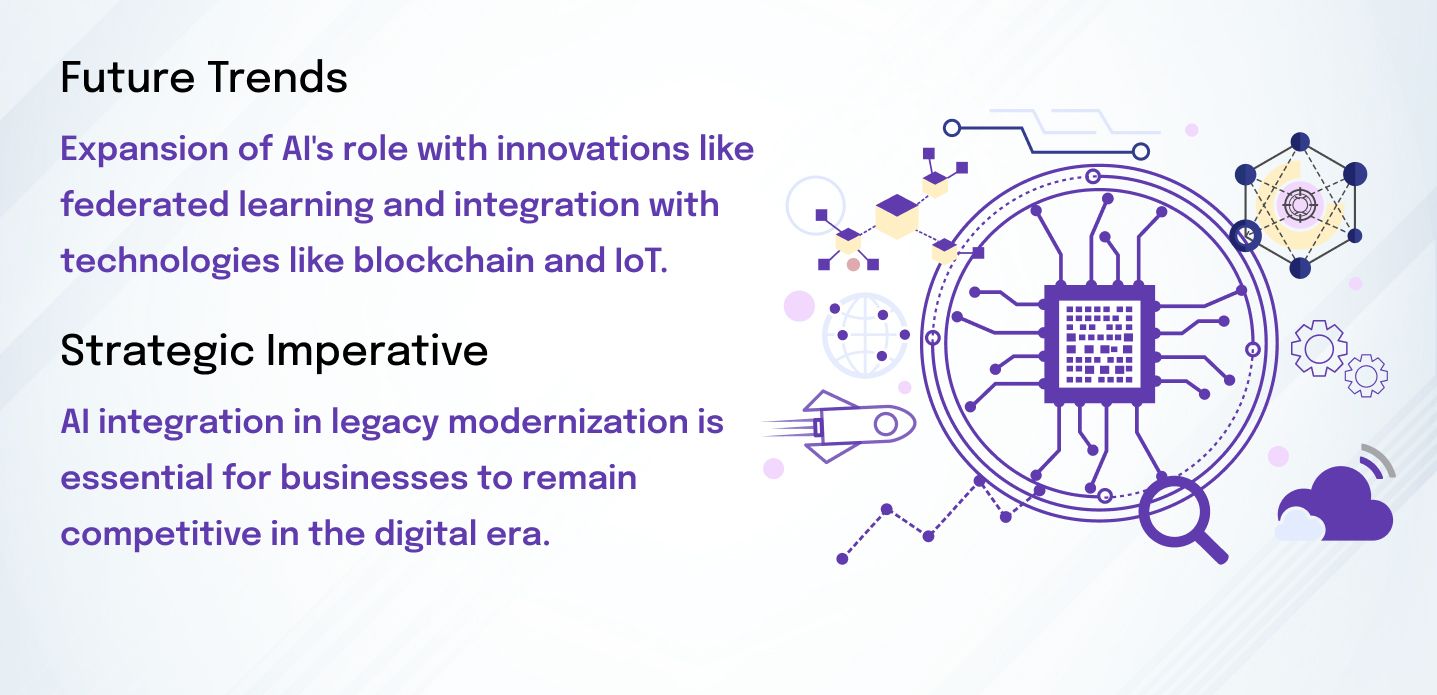
Conclusion
In conclusion, the integration of AI into legacy application modernization is not just an option but a strategic imperative for businesses aiming to thrive in the digital era. By leveraging AI, organizations can breathe new life into their legacy systems, transforming them into assets that drive innovation, efficiency, and competitive advantage. As we move forward, the fusion of AI with other cutting-edge technologies will further redefine the landscape of legacy modernization, creating exciting opportunities for businesses ready to embrace this transformative journey.
We can help!
Navigating The Post-x Era: Exploring Alternative Social Media Platforms
#Applicationdevelopment
Navigating The Data Migration Surge With Generative Ai: A Strategy For 2024
#Applicationdevelopment
